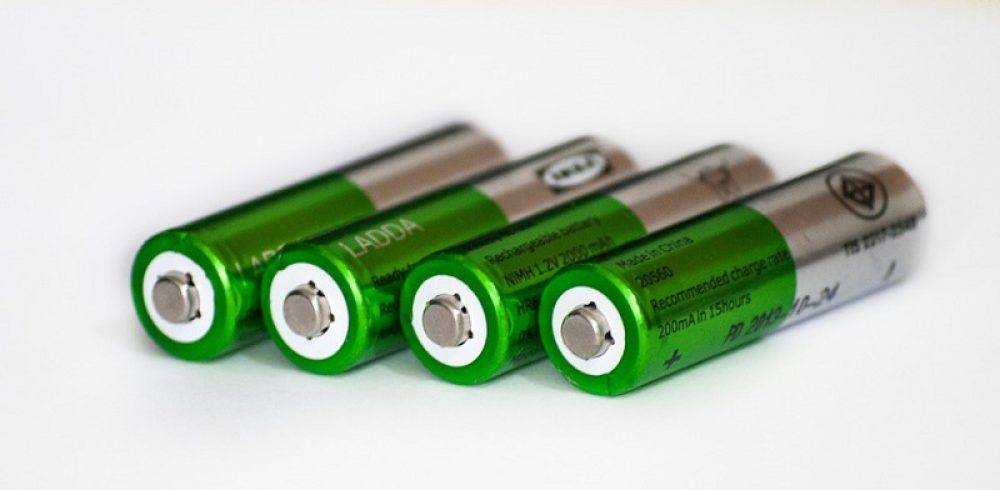Nexeon, a battery company using silicon material for lithium-ion rechargeable batteries, has been awarded £7 million for a project aimed at developing better materials for Li-ion batteries. Innovate UK funding grants this work as essential for attaining electric vehicles (EVs) with a range of more than 400 miles.
Nexeon and its partners, Synthomer and University College London (UCL), will have different roles in the SUNRISE project. Nexeon will be in charge of the silicon material development and together with UCL will lead the work on material characterisation and cell performance. Synthomer will manage the progress of a next generation polymer binder improved to work with silicon.
The biggest problems facing EVs – range anxiety, cost, charge time or charging station availability – are almost all related to limitations of the batteries, says Nexeon CEO, Dr Scott Brown. Silicon anodes are now well established on the technology road maps of major automotive OEMs and cell makers, and Nexeon has received support from UK and global OEMs, several of whom will be involved in this project as it develops.
What SUNRISE aims to do is to address the issues of silicon expansion and binder system by using more silicon that will eventually lead to an increase in the energy density achieved in the cell. The lower cost and the better performance power sources should reduce the time required by EVs to achieve mass adoption.
This project is part of the Faraday Battery Challenge, a £246million investment to help UK businesses take the opportunity of switching to a low carbon economy and boost UKâs position as the leader in design, development and manufacture of batteries for electric vehicles.
The Faraday Battery Challenge is breaking new ground because it offers for the first time a co-ordinated programme of competitions across research, innovation and scale-up. It will therefore draw the very best of the UKâs world-leading research into commercial technologies, and put UK businesses at the forefront of electric vehicle battery development, said the Chief Executive of Innovate UK, Ruth McKerman.















